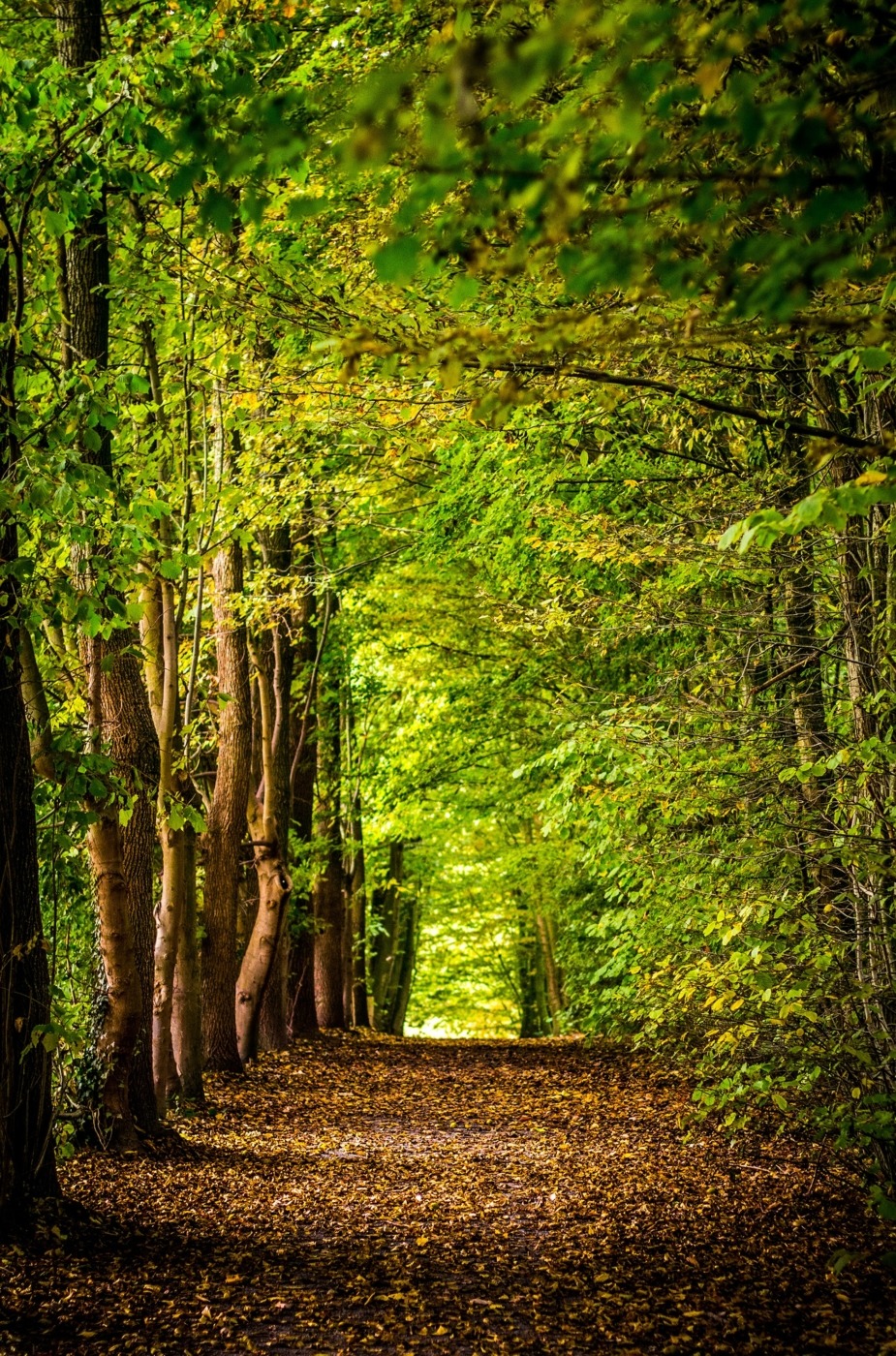Reconnecting with nature during lockdown
Everyone knows of someone who swears by the phrase ‘there’s no such thing as bad weather, just bad clothing’. And while in previous years we may have looked at these people with a ghastly eye roll before taking off our wellies and walking back inside, over the last year this phrase has never rung so true. For many of us, the pandemic has meant the only thing we have had to do is get outside – come rain, wind or shine.
Walking, before lockdown, was something many enjoyed but never found the time for; it was a sport reserved simply for those who had dogs! The nature before us felt like the best kept secret of our local areas. The time spent wandering aimlessly through nature was something of a treat to escape the hustle and bustle of everyday life.
But once the pandemic struck, the busyness of life was brought to a halt, yet the nature around us still stood strong. It provided a way to connect with others in the virtual world we were living in. During the lockdowns it was found that “20.3million of us were ‘walking for leisure’ as opposed to ‘1.2m on the previous 12 months”. Furthermore, 94% of walkers and cyclists who had significantly increased their exercise during the pandemic, said they would likely continue post-lockdown.
The nature before us felt like the best kept secret of our local areas
This significant increase in people getting outdoors has dramatically changed how many people interact with nature. It offers an exciting new opportunity to build a stronger future, not only as individuals, but also as a population looking to build a more sustainable future. Nature is an inherent part of human existence, therefore when facing a world in which, what we would have considered common place, human contact is limited, nature provides a way to connect and therefore impacts our mental health. Last summer, two-thirds of adults in the UK reported feeling worried about the pandemic and had experienced an increase in feelings of anxiety and depression. However, 45% of people who visited a park or green space during the pandemic had said it had helped them to cope.
Spending good quality time in green spaces almost then takes us back to a very simplistic way of being. There are no strains of the very man-made life we built but simply a natural existence. This arguably brings a certain freeing and soothing quality against the very rigid imposition lockdown put on everyone’s lives.
It is important to remember that greenhouse gases are very long lived, but this brings a sign that this new connection with nature is taking a step in the right direction
But we are not the only beings who enjoy using these natural spaces. The wealth of wildlife and plants which exist in green spaces has also felt the benefit of this new human connection with nature. Everybody revelled in the images of the clear Venice Canals after the first lockdown, but much closer to home, there have been some significant, but often invisible, improvements to our natural environment. In terms of animals, there was a 66% rise in the number of bees, wasps, ants, and sawflies and a 143% rise in bat sightings. While this may sound like more of a pest than a benefit, having so many more animals around allows them to, in the case of bees, pollinate the flowers, and bats, disperse plant seeds.
Even outside of rural areas during the lockdown, “some UK cities produced 60% less nitrogen dioxide“. It is important to remember that greenhouse gases are very long lived, but this brings a sign that this new connection with nature is taking a step in the right direction.
This is perhaps one of the biggest lessons we can take from the pandemic. Reconnecting with nature is not about making giant leaps in one go. The environment won’t fix itself with the drop of a hat. But if we slowly continue our newfound and healthy connection with nature, we can re-establish a healthy and balanced environment.

Comments